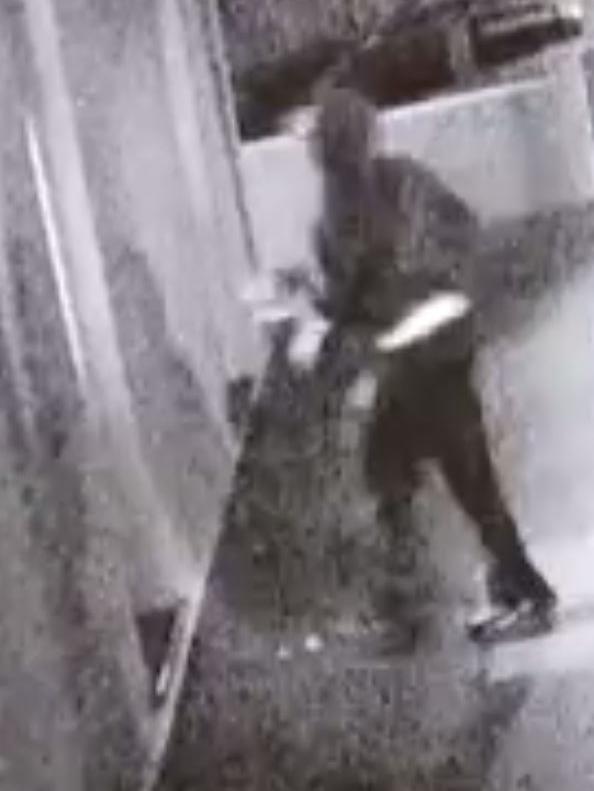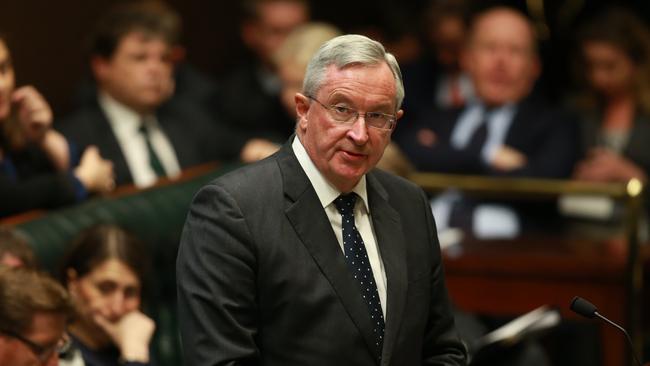Girl X bungle: Tough new standards for foster carers after string of scandals
STAFF at controversial foster care group homes will now have to be university educated as part of tough new measures to improve standards.
NSW
Don't miss out on the headlines from NSW. Followed categories will be added to My News.
- Coroner finds state left teen ‘open to abuse of predatory adults’
- Girl X: Uniting Care in new abuse case after earlier debacle
- Royal Commission call after new abuse claims
STAFF at controversial foster care group homes will now have to be university educated as part of tough new measures to improve standards.
And there will also be a ban on children under 12 being dumped in the facilities “unless there are exceptional circumstances”. It comes as new data reveals even babies and toddlers were being accepted into the centres.
Tender documents for the tough new contracts for non-government organisations hoping to continue operating foster care group homes also make it clear the Baird government wants to dramatically reduce the state’s reliance on the facilities in coming years.


It comes after revelations in The Daily Telegraph of how a teenager dubbed Girl X was allegedly repeatedly raped at one centre and the died of a drug overdose at another.
There are currently nearly 700 children in foster care group homes, which are provided by 27 NGOs.
All existing contracts expire in June — with Family and Community Services Minister Brad Hazzard vowing to clean up the sector.

Just-released tender documents for the centres, which will now be called “intensive therapeutic care homes”, warn “the limitations of the current residential care system include misalignments and inconsistencies of safety, quality of care, location and funding”. It also says the current “contractual documents” would “benefit from greater clarity and transparency” — particularly regarding “what FACS is purchasing from NGOs”.
The documents reveal group home managers and staff, including casual and agency employees, will need to have “a relevant Bachelor’s degree” or have a “relevant Diploma” and also be “working towards a Bachelor’s degree (with electives to include subject matter on trauma where available)”.
For case managers, the “preferred minimum qualifications” will be a “Bachelor of Social Work, Social Welfare and Bachelor of Psychology.


